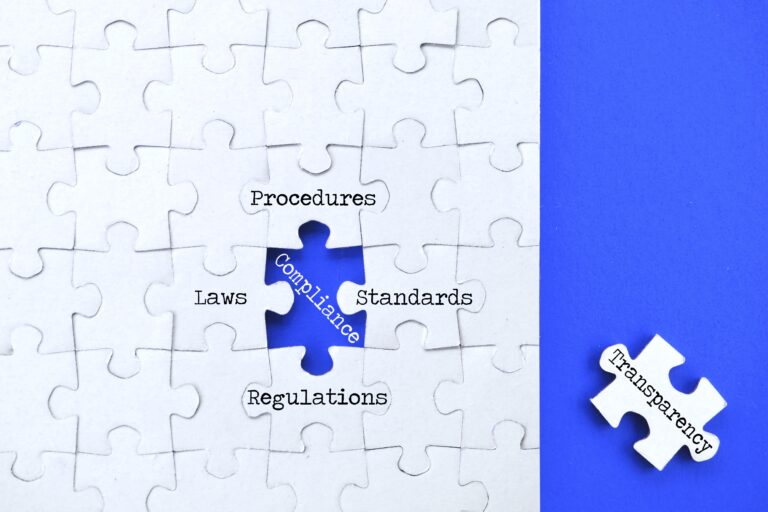Business Activity Statements (BAS) are crucial for Australian companies to report and pay goods and services tax (GST), pay as you go (PAYG) withholding tax and other tax obligations. Here’s a comprehensive guide to best practices for managing BAS returns effectively:
1. Maintain Accurate Records:
- Keep detailed records of all transactions, including sales, purchases and expenses.
- Ensure invoices and receipts are properly categorized and stored for easy retrieval during BAS preparation.
2. Timely Lodgment:
- Lodge your BAS on time to avoid late lodgment penalties and interest charges.
- Use accounting software with BAS lodgment reminders to stay compliant with ATO deadlines.
3. Verify GST Calculations:
- Double-check GST calculations to ensure accuracy in reporting GST collected and paid.
- Use accounting software to automate GST calculations and minimize human error.
4. Reconcile BAS with Financial Statements:
- Reconcile BAS figures with your financial statements to ensure consistency and accuracy.
- Conduct regular reviews to identify discrepancies and rectify errors promptly.

5. Understand Reporting Requirements:
- Familiarize yourself with BAS reporting requirements specific to your business activities.
- Seek professional advice or attend ATO workshops to stay updated on BAS changes and compliance obligations.
6. Utilize ATO Online Services:
- Use ATO online services for BAS lodgment and payment to simplify the process.
- Access ATO tools and resources to assist with BAS preparation and compliance.
7. Engage with Professional Advice:
- Consult with a registered tax agent or accountant experienced in BAS preparation.
- Leverage their expertise to optimize BAS lodgment, maximize GST credits, and minimize risks of ATO audits.
8. Plan for Cash Flow Management:
- Budget for GST liabilities and plan cash flow to ensure funds are available for BAS payments.
- Consider setting up a separate bank account for GST to manage funds efficiently.
“While it’s tempting to pull back, we believe that companies that double down on growth will not only rebound faster but will also emerge stronger as a result. “
By adhering to these best practices, Australian companies can streamline BAS preparation, ensure compliance with tax regulations, and mitigate risks associated with incorrect reporting. Effective BAS management not only supports financial transparency but also enhances business operations and fosters long-term financial stability.










